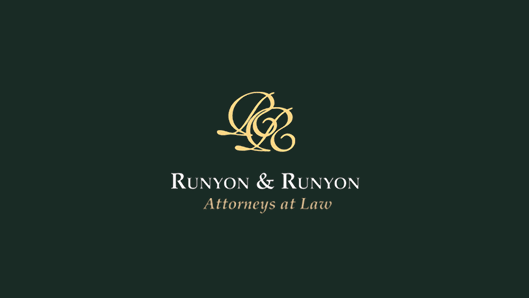Mislaid Property Law
Say that someone in Clarksville comes across an item that appears to have been lost, such as a cell phone, a laptop computer or a jacket. Is he or she entitled to keep whatever it is that was found? Or better yet, can the owner of that item later find that person and accuse him or her theft? The answer to these questions comes from understanding the different legal classifications of lost property.
What is mislaid property?
Mislaid property refers to items that were intentionally left in a place by the owner but are accidentally left behind. Any property that is intentionally set down by the owner to use later that is challenging to find is considered mislaid property. Examples of mislaid property can be cellphones left at restaurants or on a desk in an office. Lost property, on the other hand, is that which was unintentionally lost by an owner.
The items may be considered lost if such things were found on a sidewalk or in a park because one might assume that the owner did not know that they might have been left there.
The general expectation with mislaid property is typical that it will be turned in to whoever owns or manages the location where it was found. However, property owners may not be obliged to accept it. Thus, like lost property, one could reasonably end up retaining possession of forgotten items for an extended period of time.
Tennessee state statutes cited in documents prepared by the University of Tennessee, Knoxville show that it is an acceptable defense to an accusation of theft if one acted in the honest belief that he or she had the right to assume control of the property. Such a defense may apply in a case were an owner of lost or mislaid property accuses its founder of theft.

